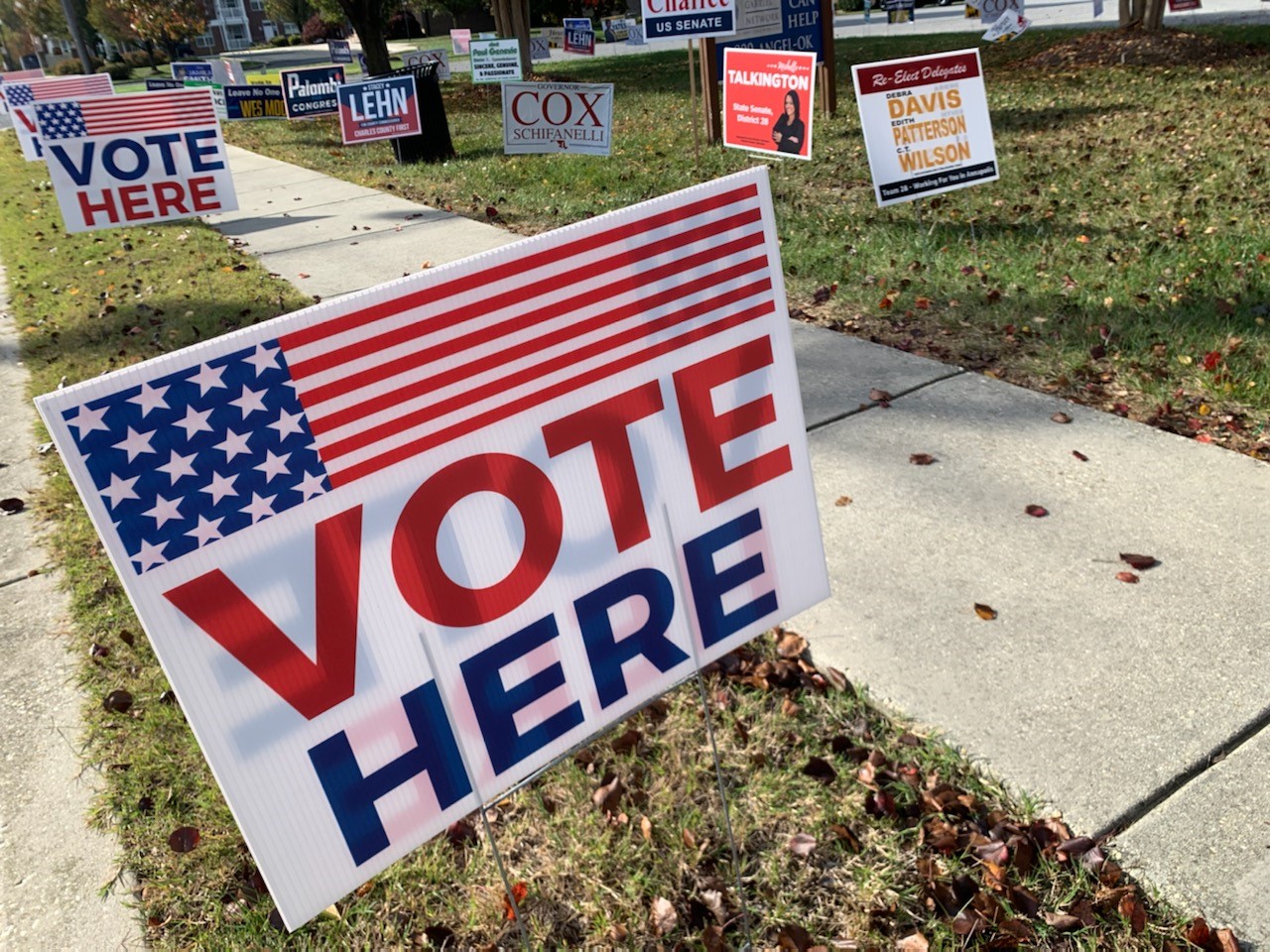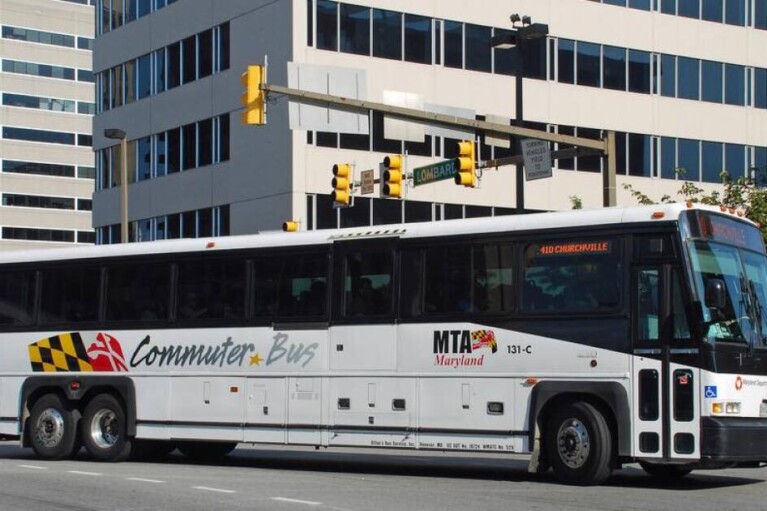Opinion: Help the elderly and disabled exercise their right to vote

By Jim Campbell
The writer is AARP Maryland state president and a former member of the House of Delegates.
When Maryland State Delegate Terri Hill told fellow lawmakers that she saw an older man with a walker seated outside a polling station waiting to vote, her voice choked with emotion.
Testifying before the House Ways and Means Committee last week, Hill said she later learned that the man left after more than an hour, never given the opportunity to exercise his fundamental right to cast a ballot.
“I hope we can find some way so that if another person like that man, who goes to vote, he doesn’t have to wait an hour to go home without being accommodated,” said Hill, a Democrat representing Howard and Baltimore counties. “It’s that simple.”.
Hill has introduced a bill to remedy the problem. The measure, backed by AARP, would require the State Board of Elections, in consultation with local boards, to train election judges on how to assist the elderly and disabled in voting. It would also mandate the posting of signs in polling stations that list the types of assistance available.
Help could be as basic, Hill suggested, as allowing a disabled or older person to come to the front of a line to vote, or perhaps an election judge permitting the person to vote in their car.
Existing law allows those needing help to bring someone to the polling station to assist them. But many would-be voters and election judges seem unaware of all that can be done, Hill said.
“Every election judge, as part of their training, ought to know what kind of accommodations are available,” Hill said.
As state president of AARP Maryland, I joined Hill in testifying before the panel and in support of her bill. I earlier served in the House of Delegates and as a member of the same committee.
In my days as a poll worker, many times I came across older citizens who had questions about how to use the voting machines but did not seek assistance from the election judges.
Many of these folks have voted in person their whole lives, but fear that it is too difficult for them to navigate updated systems. This bill, with its emphasis on voters in need of assistance, helps address those concerns.
Voting-rights laws should address the needs of people with physical disabilities, as federal laws mandate improved access to registration and polling places.
AARP urges the General Assembly to approve Delegate Hill’s bill, HB 95, to improve access to voting for all eligible Marylanders.




 Creative Commons Attribution
Creative Commons Attribution